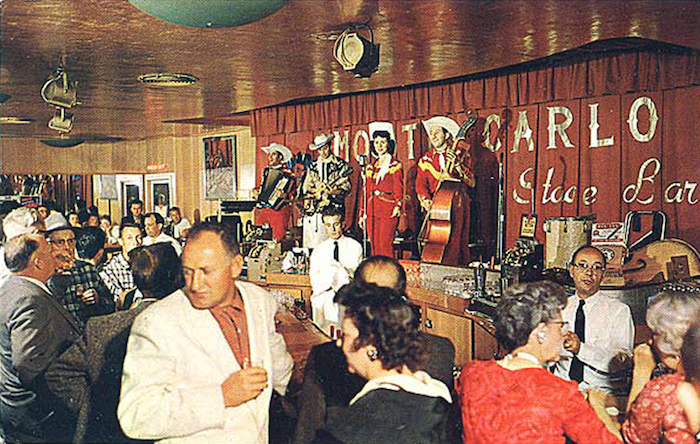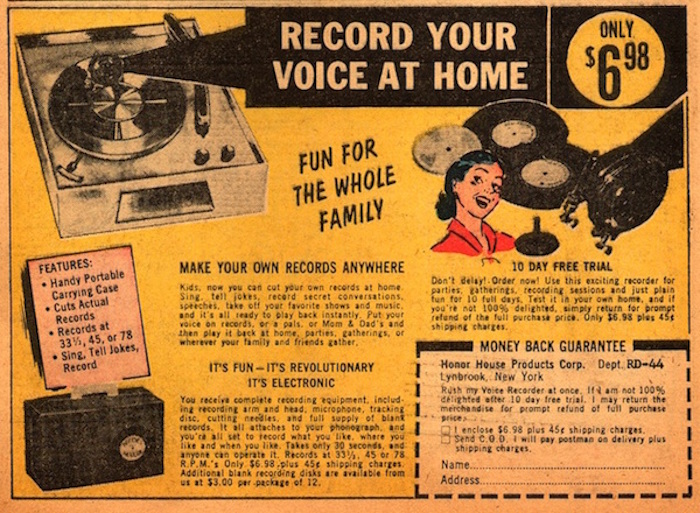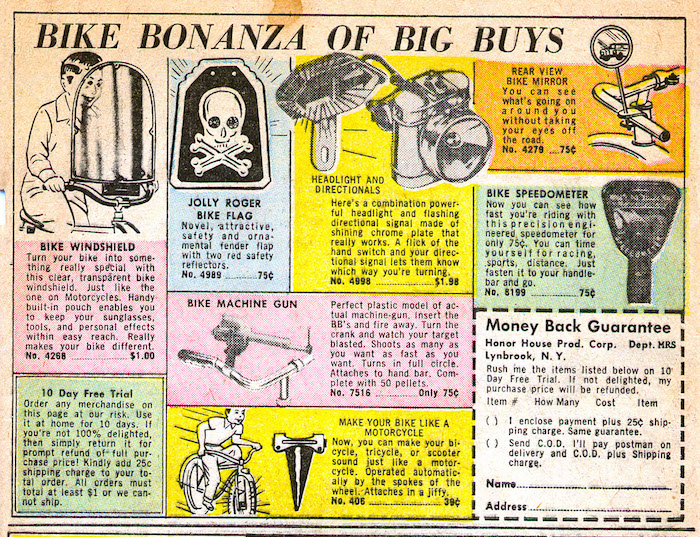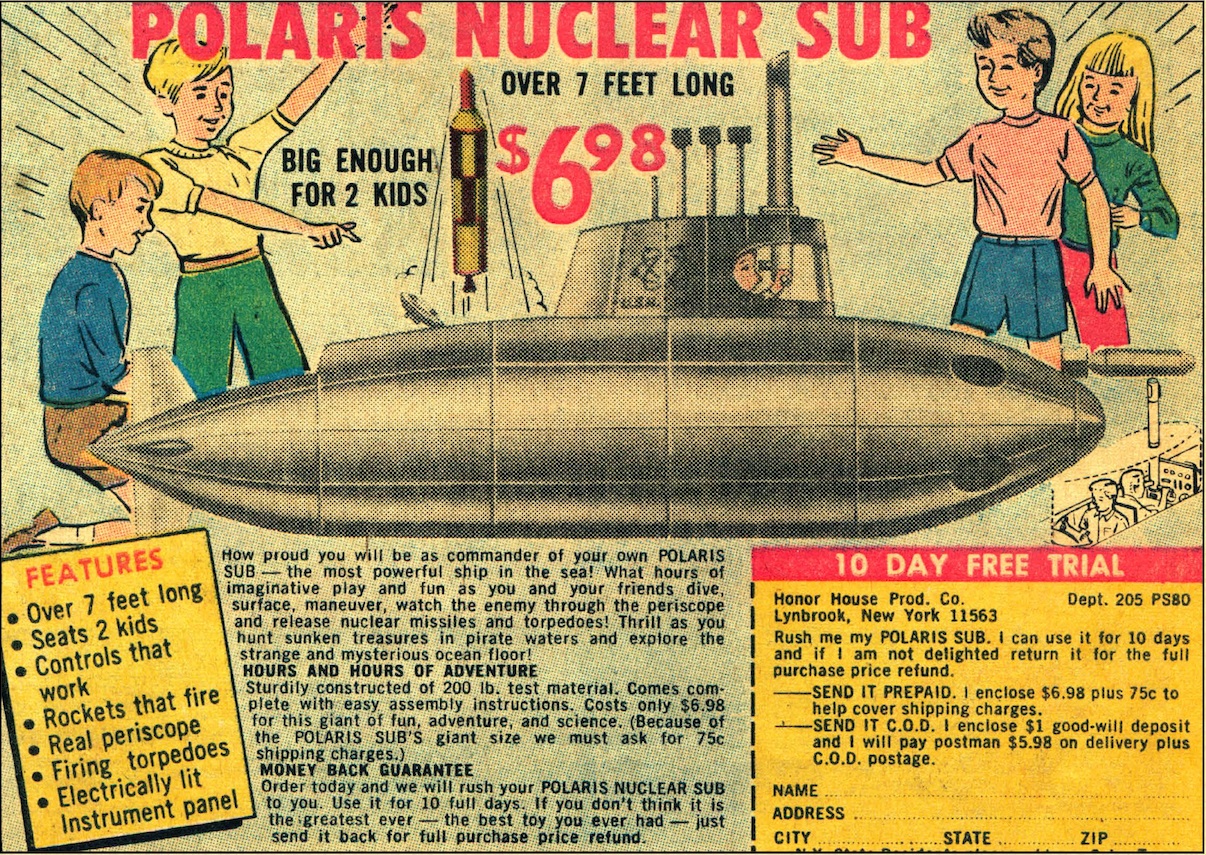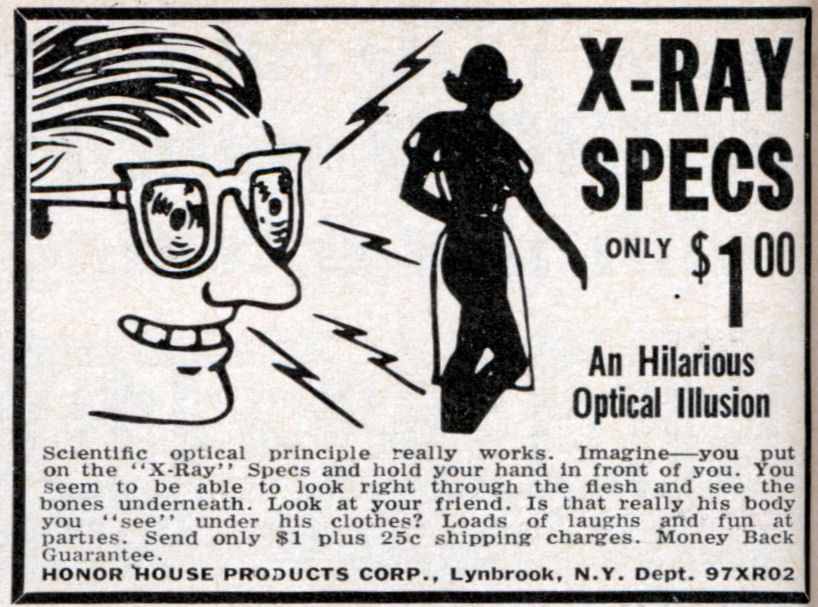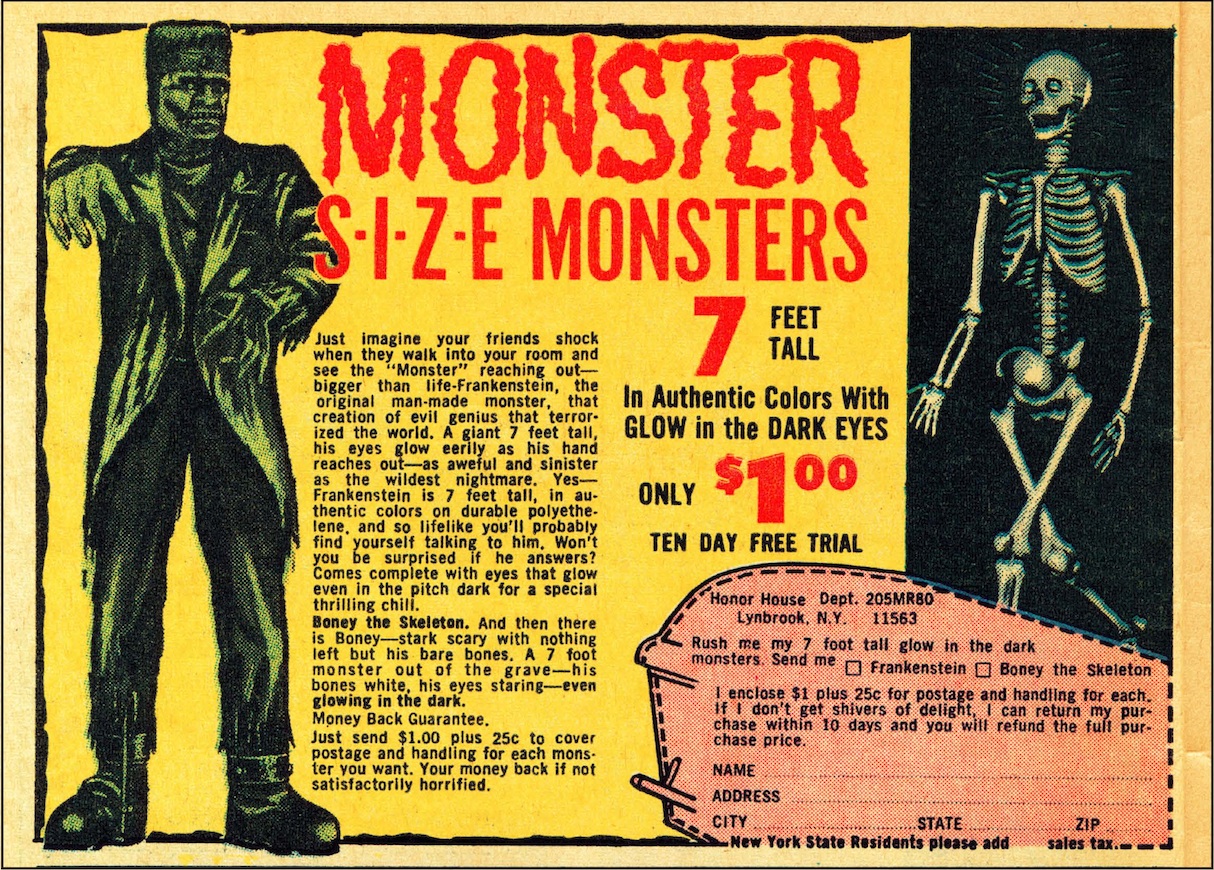


Jim Reeves and The Blue Boys on stage at the Commercial Hotel in Elko, NV 1959
7-4-16
by Rollye James
and
Claude Hall
Ken Dowe: “Just for what's it's worth, fellow Mississippian and MTV founder Bob Pittman
was born in Jackson, MS, and not Tupelo. (I was born near Jackson, in a farm house, off a dirt
road). Bob grew up in Brookhaven, MS. I was reared in the Delta, Greenville, MS.) If ever
you look into that bit of history you might be amazed at the number of radio and other
entertainment figures (Rusty Walker, Bill Tanner, et al - radio people) who called the
Magnolia State home. Plus, literary giants Faulkner, Gresham, film & TV folk, Oprah
Winfrey & Morgan Freeman, Jim Henson, Charley Pride, Hank Williams, and Elvis. Oh,
and BB King. And, many, many more! Kind of strange, really. It's such a small state.”
Rollye: “Gerry Cagle, too. I failed to mention him among Mississippians who became radio
icons. Clarksdale, alone, claims an amazing association with musicians. Sam Cooke was
born there. So was John Lee Hooker. Muddy Waters grew up there (as did Tennessee
Williams). Bessie Smith died there (the African-American hospital in which she passed
became the The Riverside Hotel)— speaking of which, the long-told story of her bleeding to
death on Highway 61 because she was not admitted to a white hospital, the basis of Edward
Albee’s one-act play, “The Death of Miss Bessie Smith”, while riveting, is not accurate. (The
tale supposedly goes back to a Down Beat Magazine piece published a couple months after
her 1937 death in which jazz great John Hammond is said to have recounted those details.)
The reality from the medical workers on the scene is equally dramatic but very different,
punctuated by the obvious (and dismal) fact that an ambulance driver of any color back then
would not have even thought to take Smith to a “white” hospital. Ultimately, it is a moot
point, as Smith’s injuries were probably not survivable in any hospital, certainly not
Clarksdale’s two (white and black), which were poorly equipped to handle that level of
trauma.)
“The Delta Blues Museum, located in a former train depot in Clarksale, is worth the trip.
Check out their website here. Buy a brick (in the the under-construction Muddy Waters
addition), here, or just revel in the vast history they’ve put together since their opening in
1979.
“Sadly, Clarksdale is in the news this past week for another death. Sir Mack Rice passed in
Detroit, but he was born in Clarksdale. His name might not sound familiar to you, but his
songwriting is instantly recognizable, if for nothing else than “Mustang Sally,” but the list of
luminaries recording his tunes was huge, from Ike & Tina, Ettta James, Rufus Thomas,
Otis Clay and Buddy Guy to Lynyrd Skynyrd and The Kingsmen. Rice, who died at home
from Alzheimer’s on June 27th was 82.
“A day later, we got the news that Scotty Moore is no longer with us. It was not totally
unexpected as the 84 year old guitar great had been ill for some time, but is still a crushing
loss. The quote that best sums up his guitar greatness has been re-circulated in the numerous
obits that have come out in the last week. It comes from the Rolling Stones’ Keith Richards:
“When I heard ‘Heartbreak Hotel’, I knew what I wanted to do in life. It was plain as day. All
I wanted to do in the world was to be able to play and sound like that. Everyone else wanted
to be Elvis. I wanted to be Scotty.”
“ScottyMoore.net is a wonderful repository of Scotty’s career, loaded with pictures such as
these from Sun here.
“While were on the subject of music, Ken Dowe’s son in law, Dan Price, an attorney in
Austin, sent a link to an NPR article here. The author of “Never A Dull Moment,” David
Hepworth, makes a case for 1971 being the “best” year in rock and roll history. Dan wanted
to know what Ken thought:”
Ken Dowe: “That's a question I've never asked myself, Dan. But, a good one. I would say
the pinnacle of (pop/rock) music would be the '60s, actually. The British Invasion, and what
followed; Beatles, Rolling Stones, Doors, Cream, Marvin Gaye, Janis Joplin, Jefferson
Airplane, Orbison, Jimi Hendrix, Bob Dylan, Aretha Franklin, James Brown, and more.
“Rod Stewart, Paul Revere, Carole King, the Bee Gees, and John Denver led off the '70s,
but I can't see them, or their contemporaries in a comparable light. Woodstock was 1969, and
that decade included the years beginning the breakthrough of FM radio, with alternative
formats dominated by hard rock and new artists. By the late '70s AM radio was drifting toward
its lowest point. Rock ’n Roll was here to stay. With new music, over stereo FM.
“Just an opinion. But, I don't see any years more influential for rock than the '60s.. Jerry, Am
I right?”
Jerry Vigil: 'I'd have to agree with you, Ken. I think there are good arguments for a few years
around '70, but my vote would go to 1969. Zeppelin's second album for me was a perfect
combination of pure rock composition, performance and production. Hendrix in '67 and '68
also marked big Rock years for me.”
Rollye: “I think there are too many variables in the question itself to result in a singular
answer. What is “best” based upon? Record sales, concert ticket sales, radio airplay? Are we
including everything that at least loosely fits the rock and roll genre from, say, 1955 to the
present? And if so, in 1971, we’ve got a heck of a problem. For one thing, the author is
talking albums, and for many listeners, when talking rock and roll, it was a singles world.
Even in 1971, those glued to AM Top 40 arguably never heard a lot of big selling rock albums.
And where did listeners live? This became significant. With a lot of the core Top 40 records
being very young-appealing bubblegum in the latter ‘60s through the early ‘70s, to maintain
some equilibrium, it came down to these AM stations having two choices— delving into
dayparting of reasonably compatible album cuts (big in the West), or digging much deeper
into soul and Motown (huge in the south).
“As the author points out, it’s largely a subjective question, though he actually goes as far to
claim that objectively, he’s right. Alrighty then, looking at it both logically and objectively,
and keeping my subjective taste out of it (which would have undoubtedly chosen an earlier
time), I’ve got to go with 1964— because of one band: The Beatles, who forever changed the
trajectory of Rock and Roll that year. It wasn’t how they sounded— it was how they sold.
Rock and Roll prior to The Beatles was almost exclusively a 45 RPM market, filled with
independent label owners with nothing to lose on the little they spent on putting a single out.
“All the majors passed on the Beatles earlier, Mitch Miller going so far as to reaffirm his
thought that Columbia Records would never release a rock and roll album. Look at the
Billboard album charts prior to 1964. Sure you had the occasional Elvis or Ricky or the huge
selling Johnny Mathis’ greatest hits. But the biggest proportion were show tunes, among a
smattering of comedy and folk. February of 1964, the Beatles topped the album charts and
stayed there until June, coming back to #1 in July and staying there through October— all on
the strength of what in essence were typical rock and roll records played on AM Top 40 radio
stations. The die was cast.
“The initial Beatles fall out was that major record labels fell all over themselves to sign
anything with a British accent, in an attempt to make up for the mistake of passing on the
band. But it wasn’t long before the money inherent in album sales made rock and roll
desirable to even the most staid operations. (1965: Good Bye, Mitch Miller) So I choose 1964
for it being the objective “best” due to its role turning the record industry into a very different,
and very big, business. But I’ll defer to all of you who have spent your life in that industry,
so please weigh in.”
Ken Dowe: “Regarding Roger Carroll's indictment ‘..any form of talk will not work,’ he
might be right. But, I'll bet Limbaugh is glad he didn't listen to that counsel. Or, Howard:
‘…look Mr. Stern, FM is for music. Don't you get it?’ Really?
“Or, what if I had listened to those who laughed at me when I purchased a 1.5 thousand watt
FM from Don Burden in the mid-'80s in the Silicon Valley? I telephoned San Francisco's
KBAY (huge ratings with a grandfathered 125,000 watts) and the on-air announcer one
Saturday morning, and without identifying myself, enthused: ‘Wow! Your music is so
unusual! I'm listening. Where in the world do get it?’ Being a nice man, he generously told
me: ‘Oh, yes. Our owner chooses all the songs himself. He even travels the world to provide
us with all the music he likes!’
My mouth said: ‘No kidding?’ My head thought, ‘You gotta be kidding!’ I instantly
telephoned brilliant Easy Listening programmer Tom Churchill in Phoenix. ‘Tom. Tell me
you don't have a client in the San Francisco Bay.’ ‘I don't, Ken. KBAY prefers doing their
own music.’
“‘Want another job, Tom?’ That's how a wholly unrated lo-powered FM that could not cover
the market got it's antenna on a mountain top turned and tuned to the Valley and San Jose, it's
audio adjusted to loudness without too much regard for stereo dynamics, and loaded up with
Tom's musical ammo and expertise. Fire! In 18 months KLZY had siphoned away KBAY's
San Jose presence with a top 5 market position in adults 25-54 and 35-64. I know, I know:
“‘The world is flat, Christopher. You can't do that!’
“‘I’ve told you 1000 times, Tom. Put down that stupid light bulb idea and come to supper!’
“What is "missing" are the same wizards who put a computer in your hands after initially
being told that anything so large was useless. (IMHO) That truck sized computer is now the
far more efficient iPhone you have in your pocket or purse. Which is why many have been
thus enabled and are fortunate to have earned a fine living. Assisted by a majority of naysayers
who proclaimed: ‘You can't do that!’
“To my favorite competitors: ‘Thank you, thank you very much!’
“FYI, Rollye...I think Claude and you are writing my book for me!”
Rollye: “And happy to do it, but to anyone thinking this column is all Ken Dowe, all the time,
note: this column is all about YOU. The outcome is reflective of your input. So, “input”
please: info@voxjox.org with whatever’s on your mind.
James Carter: “Just a brief comment on Ken Dowe's assessment of how to keep AM signals
popping. First off, exciting radio is always fun to listen to...but if you don't know it's there it
might as well be dead. Oh, you might put up a 100 foot billboard to let the few people who
might care know it's there, but to my mind, AM radio is as much a dinosaur as mailing a
handwritten letter via the Post Office. AM had a good run up to about to about 1980, (and
that's a stretch), but nowdays with FM the standard and all of the new vehicles rolling out of
Detroit and other places with a two year free subscription to Sirius/XM satellite, (which will
precipitate many new permanent subscriptions moving forward and then the advent of internet
radio in vehicles and who knows what else the future will hold), with each passing year
younger people, (who will become older people sooner than later), will be asking why there is
an even an AM radio in the car. I'm afraid our dear old friends who offered us 50,000 watts of
great entertainment for many years will need to sadly admit that it's time to say adios to a
grand old friend, El Senor AM RADIO.”
Rollye: “Interesting thoughts in that ‘if you don’t know it’s there, it might as well be dead’ is
exactly the problem facing online-only broadcasters today. No one has ever used google to
search for something with which they’re unfamiliar. The internet blows the law of supply and
demand out of the equation. With virtually millions of choices out there, how can you
possibly find the one that will float your boat musically? (I understand search engine
optimization and numerous other strategic placings, but overall, it comes down to what James
says— they won’t listen if they don’t know you’re there.)
“Is AM really in that position? I can argue it both ways, with evidence for either conclusion.
There’s undeniably little AM listening. That’s a given. But would there be if there was
something worth hearing? When you’re talking about a town, rather than the universe, word
of mouth is mighty powerful. And while the battle is shaping up for who will control the
dashboard, right now every factory installed radio has an AM tuner, and everyone knows how
to use it, though I concur, most don’t.
"In 1982, a few years after top 40 was written off as dead, a station in Houston quickly topped
the ratings with it. An AM station in Houston, KKBQ-AM (the old KULF at 790). Gary
Edens was smart enough to recognize that he’d have to move it to his FM in order to avoid
being swallowed whole by a competitor, but the point is when it was available only on AM,
teens— the group least likely to be on the bandwidth (though arguably first to find anything
new), made it an overnight success.
“I realize that’s almost 35 years ago, but I think it could happen again right now. However,
unless there was something non-duplicable to its format, it would be eaten alive by an FM
competitor. That non-duplicable factor is something on which radio should focus right now.
It will, relatively soon, be as easy to listen online as it is to the dashboard radio. It’s already
that easy for satellite radio (which should heed the same advice). The only thing that will
insure success will be talent unique to a station. It might be talk, it could even be music
selection (everyone laughed at Art Laboe when he did what sounded like an oldies and disco
format in the mid ‘70s, but he owned East LA), but the days of relying on playing “your
favorite” music are gone. Pandora and its ilk do that. Radio needs to find something
unavailable anywhere else.
“And that’s where Ken’s example of an AM station fits. Prices paid for stations during the
last 20 years have skyrocketed to the point of it being impossible to take a chance on anything
“different” or “new”. “Gut feeling” is heart attack inducing to bankers. But on a “worthless”
AM? I won’t be at all surprised to hear it happen.”
Woody Roberts: “Anyone who worked at KTSA 550-AM and KTFM 102.7-FM between 1965
and 1985 will be interested in a report from Liz Patranella who founded the San Antonio
Society of Radio Broadcasters. This year Bernard Waterman, license holder for those great
stations, will be inducted into the SA Radio Hall of Fame. He was like a father to me, a
mentor. Liz contacted Bernie:
“‘I found out from the Internet that Bernie is still alive and still working at like 95! I found
the number for his company and placed the call hoping to get hold of his secretary or at least
someone who could give me an email address or something for him.
“‘I was referred to using the company directory and not knowing who else to input, I typed in
"Wat”.... and it rang through to an extension. A man answered who sounded by the strength
and animation of his voice to be someone much younger than Bernie ... so I said I was trying
to reach Mr. Waterman ...and he said, "This is Bernie Waterman." I couldn't believe it!
“‘Anyway, we had a short conversation. He was glad to hear of his induction. He got his
secretary on the phone and she said he doesn't do email but to send info to hers. So, I have
sent the letter and the link to the website, etc.’
“And speaking of KTSA/KTFM, it was during my period as GM the late Bill Ham launched
‘That Little ‘ole Band from Texas’ --ZZ Top. Bill died in his Central Texas home on June 18th
and his funeral is June 29th in Waxahachie.
“Aside from being in my late twenties, having a beard and ponytail, one of my unique
characteristics as a GM was I continued to meet with the record promoters and local
musicians. Bill Ham covered the Alamo City for Pappy Daily distributing out of Houston
and one of his labels was London, who at that time had the Rolling Stones. The radio guys
liked Ham. One day he confided in me his plan to quit and manage a band; I told him it was
crazy because he had a wife and kids. Six months later he came in with a 45 on his own label
Scat Records, the song was ‘Salt Lick’ by ZZ Top. We played it and reported it but the single
didn’t sell. Long story short, a few months later he left his record promotion job. Bill got a
ZZ album recorded at Robin Hood Brians' studio in Tyler and in 1970 Pappy Daily used his
weight to place it on London Records. Later he helped put ZZ in front of the Stones for their
Hawaiian gig. KTSA meanwhile played ‘Brown Sugar’.
“Bill never looked back except to say thank you to those who helped get him started. His
Lone Wolf office is in Austin but I hadn’t seen him in over a year. He will be missed.”
Jim Slone (referring to the picture at the top of the column): “This was the stage at the
Commercial Hotel in Elko, Nevada…The Commercial was right across the street from the
Stockmen’s where we (The Shy Guys) played. Jim Reeves was playing here when we were in
Elko. We got acquainted and he asked me to sing with his band The Blue Boys on this stage…I
remember singing “Blue Blue Day”… “Send Me The Pillow You Dream On” and “Have I Told
You Lately (That I Love You)”…after his last show he and I went into the coffee shop and had
a slice of cherry pie with vanilla ice cream…A great memory…1959…”
Claude Hall: “Reeves was great. I'll never forget his "Danny Boy." I drove all night once in
order to reach the Ryman to hear him sing it.”
Don Graham: “Our pal, Charlie Barrett has written this obit for Danny Davis. [Click on it
to read it— including info on the upcoming memorial for Danny in Palm Desert on July 16th.]
Rollye: Chuck Buell sent along a great video. It’s from Micah Tyler. If you’re in Christian
Radio, you know Micah. Recently, a church in Dallas asked him to come up with something
that would address stereotyping, particularly of millennials. Micah made a video of a quartet
singing some wonderfully targeted lyrics— but the best part is every member of the “group” is
him. Chuck found it to be so much fun, he said he’d even play it on his radio show— that is,
if he had a radio show. (I have no idea if he wants one, but it’s radio’s loss that he’s not on the
air.) A ton of work went into this— view it below or at
Rollye: “I heard from Jack Gale recently. He sent me a copy of his updated “Same Time…
Same Station.” Even if you already have a copy, the additional material makes it worthwhile
to get another one. And if you don’t have a copy yet, it’s a wonderful read.
Rollye: “How did I miss this? At under $7.00 each, I’dve bought at least a few. I'm beside
myself that I didn't know it even existed, no matter how it might have sounded. Should you
have any lying around, I’m still in the market. It’s even more surprising that it comes from
Honor House. I think I bought everything else they sold. If you read comic books in the ‘50s
or ‘60s, it’s a good bet you bought some stuff too. How could you resist this ad?
Rollye: “Every kid needs a ‘bike machine gun’ but in case parents didn’t go along, or perhaps
you needed something much larger, Honor House offered a submarine…..
Rollye: Actually they offered hundreds of things, and they didn’t have a lock on the any of the
products they peddled. There were at last half a dozen similar mail order houses offering the
same stuff. (One of them was owned by the developer of “X-Ray Spex”, Harold Von
Braunhut, who also gave us “Amazing Sea-Monkeys”. Everyone else was pretty much a
distributor of, well, amazement.) I passed on the X-ray Specs, but fell for “The Big Ear,”
which would let me hear through walls. And it worked— that is, it worked if the neighbor’s
TV was loud enough. My husband went for the 135 Roman Soldiers— which easily fit in the
envelope in which they came, as what wasn’t mentioned in the ad was their two-dimensional
totally flat nature. Even back then, most of the stuff was made in China (or some place you
couldn’t find on a map) and Honor House was stocked to the gills with all of it.
Rollye: “Probably what’s most amazing about the amazing products from Honor House, is that
Honor House is still there where it always was— 35 Wilbur Street, in Lynbrook, NY. Only
now it’s Biospecifics Technologies Corporation. The far fetched novelties are all gone,
replaced with legitimate pharmaceuticals, but that hasn’t stopped fans from calling with
alarming regularity to see if perhaps some old stock is still in a backroom somewhere. And
why not? In the off chance they’d be lucky (they won’t— Biospecifics has searched and come
up empty), the skeleton has gone for over a thousand bucks on eBay in the last few years—
and that’s not an isolated sale. So now not only can you be upset that your parents threw out
your comics when you left home all those years ago, but they probably tossed a windfall of
pricey junk with them. Maybe something perfect for today… speaking of which...
Happy 4th of July!”
